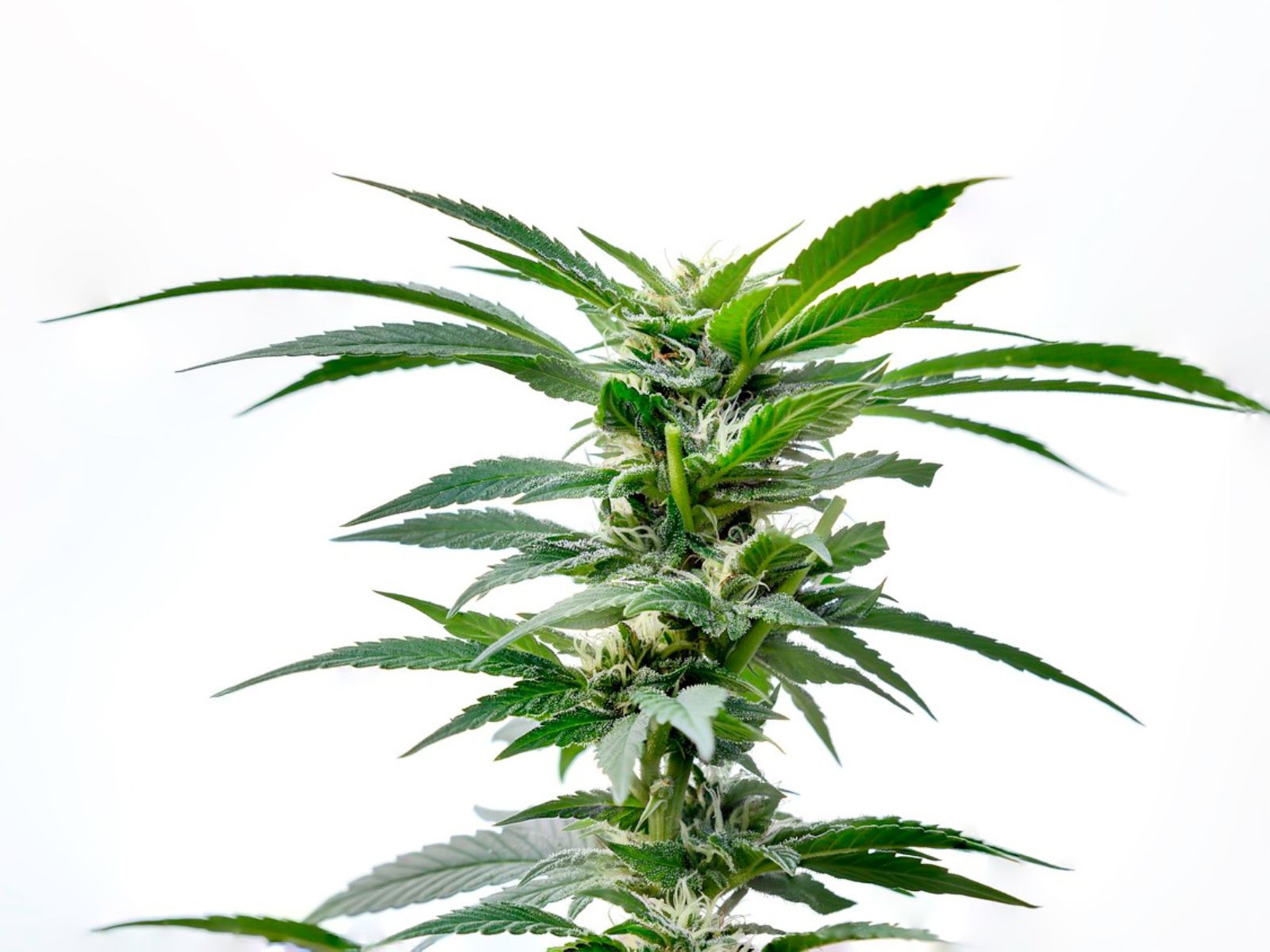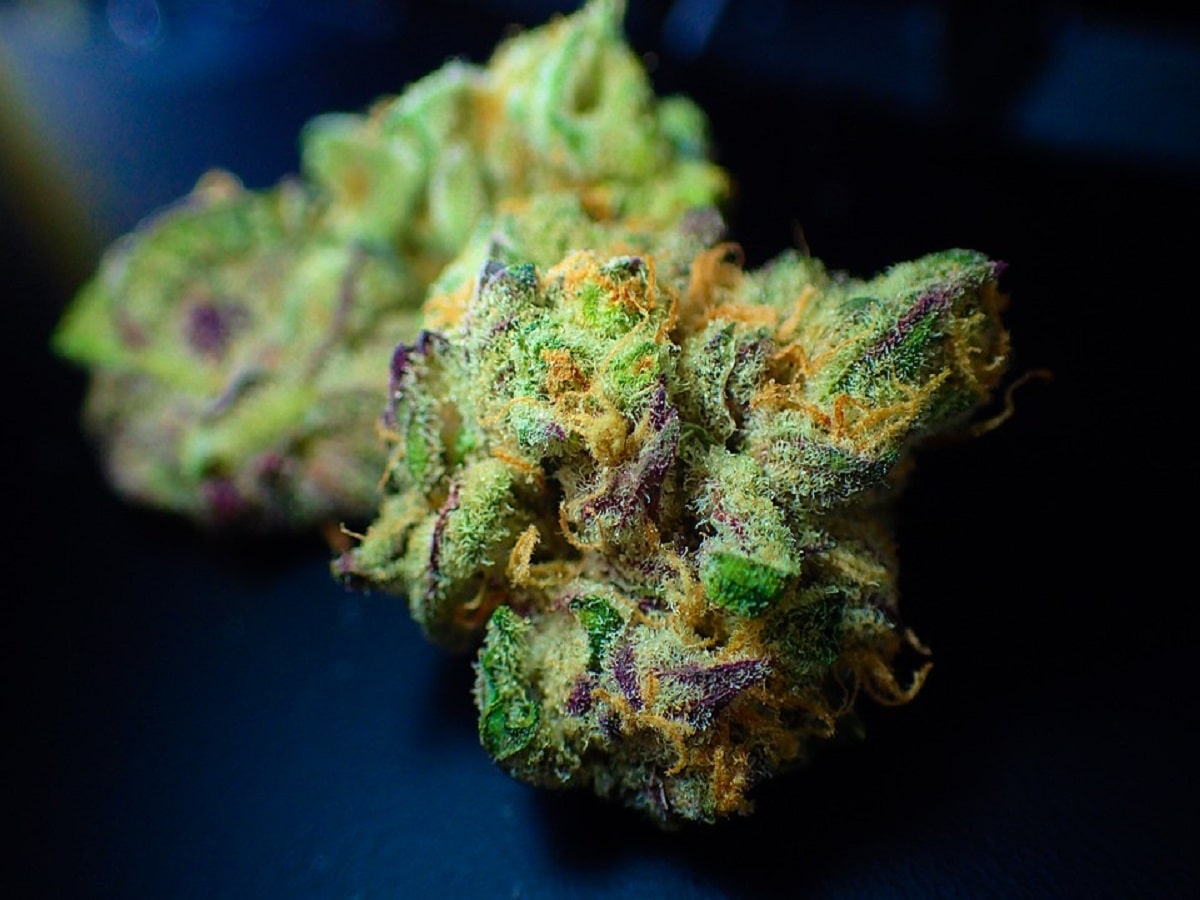
Brazilian Medical Cannabis Consumption Increases 110% In One Year

Brazilian Medical Cannabis Consumption Increases 110% In One Year
Consumption of medical cannabis products in Brazil increased by 110% in 2021 from 2020 according to study by BRCANN, the Brazilian Association of the Cannabinoid Industry
Brazil is moving rapidly into the global cannabis arena. Currently, the country imports 18 cannabinoid drugs. Beyond this, last year, 40,191 people filed permits to individually import cannabinoids for personal, medical use. The year before, only 19,150 applications were filed. And between 2015 and 2021, a total of 75,203 applications were granted.
Brazil is not so quietly now grappling with where to go with cannabis reform, even as medical use soars in the country.
The current president, Jair Bolsonaro, is vigorously and vocally against any kind of cannabis reform. However, he is being challenged on this stance, both by the populace itself and now by candidates challenging him in this year’s presidential race.
Given the changing climate, whoever wins will almost certainly be dealing with the issue of domestic cultivation and processing. Currently, there are only a few projects authorized to cultivate medical cannabis, and most of this is for research purposes.
This will probably start to change, particularly as it is much cheaper to cultivate cannabis domestically than to import it. Especially in a country like Brazil.
Questions About Sustainability
Brazil has a climate well suited to the cultivation of cannabis. However, there are a few looming problems in the entire legalization discussion.
The first is sustainability. Brazil is already facing record levels of deforestation. The outdoor cultivation of cannabis would, in all reality, increase the pace of the same unless effective regulation of the industry takes place. How likely that is in the current environment is debateable.
One of the primary causes of deforestation is the use of fragile rainforest land to cultivate illicit crops including drugs.
It is also highly unlikely that cultivation would occur only for domestic use.
A Latin American Revolution
Brazil may be one of the larger Latin American countries to consider cannabis reform, but it is far from the only one. That is what makes reform here inevitable, beyond the use of the drug for medical purposes by citizens.
That is also why the industry must be carefully planned and thought out.
An effective domestic program would have to create jobs and incentivize people not to grow crops on fragile land.
For this very reason, reform in this part of the world may have a much wider impact on the rest of the industry, which is struggling everywhere, with both costs and sustainability issues, starting with the cost of electricity.
But make no mistake about it. Reform is coming to Latin America and Brazil is just moving with the herd.
Share article


Share article
Join Our Awesome Community
Join Our Awesome Community
Join Our Awesome
Community
Get all the latest industry news
delivered to your inbox







